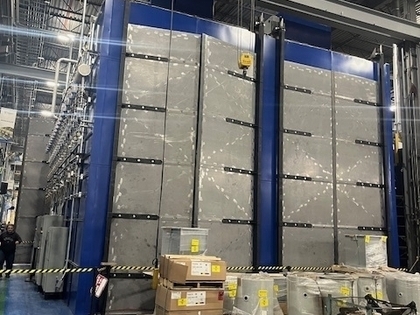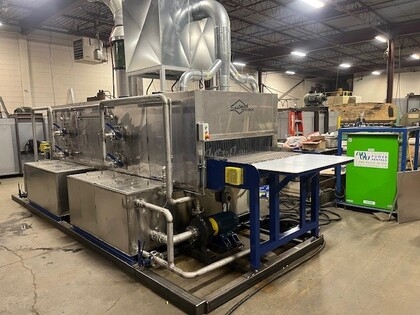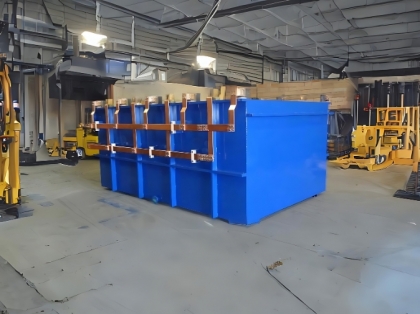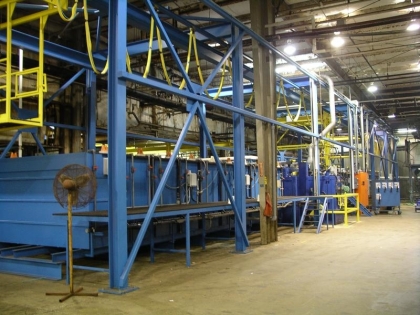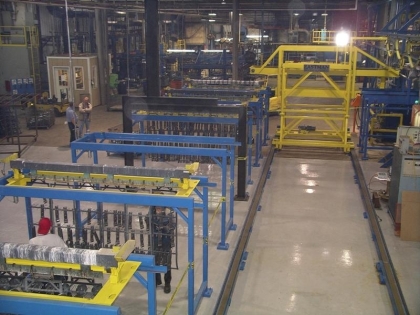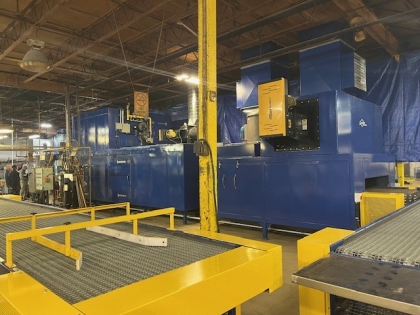Industrial Tanks and Their Many Uses
Industrial tanks are designed and manufactured to meet different industrial storage requirements. They are served to clients in various industries, from pharmaceuticals to microelectronics to accommodate all storage requirements. These industrial tanks can hold a wide variety of matter such as petroleum, oil, raw materials, chemicals, wood chips, grains and wastewater. All industrial tanks have been built to endure tough climatic and environmental conditions as most of the manufacturers are dedicated to meet all their clients’ industrial storage requirements.
The industrial tanks come in different sizes as they can also be vertical, cylindrical, rectangular or horizontal. Vertical industrial tanks can be raised up with skirts or legs and have dished or cone bottoms, insulation and plumbing, mixer mounting assembles, heating and cooling structures. Regardless of the different tanks presented, their basic function is to secure substances and other fluids. Domestic industrial tanks help to store clean water; holding industrial tanks store waste water; while other industrial tanks are for varying industrial storage reasons. Wastewater industrial tanks can be set up in any industrial or commercial application processes. They can be underground or above ground, and fabricated from a range of steel industrial tank standards.
Fire suppression industrial tanks are widely used for private fire protection. Eastman manufacturing standards dictates the features and design needed to meet the required standards including operational features, structural design, exterior coating systems and interior coating systems. We also use high strength stainless steel and carbon steel for custom fabrication of above ground steel industrial tanks as well as numerous models of underground industrial steel tanks for storing combustible and flammable liquids. Underground industrial tanks can be double or single-walled along with multiple partitions if necessary. The tanks could also be used for the storage of the non-potable and potable water.
Other than the respective storage roles, industrial tanks require suitable cleaning and maintenance to function efficiently. By frequently maintaining and washing the industrial tanks, the materials or liquid they hold can be secured from different contaminants. Hence, probable problems such as unwanted chemical reactions, metal corrosion, fire and explosions and structural deterioration can be avoided to help increase the durability and reliability of the industrial tanks. In cases whereby the cleaning process is hazardous or extremely difficult to manually clean, special cleaning tools may be used. It is wise to make an investment on strong and high-quality materials because they spell out healthier performance.

